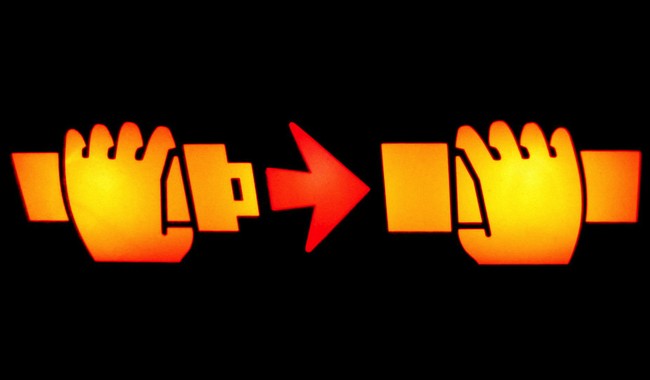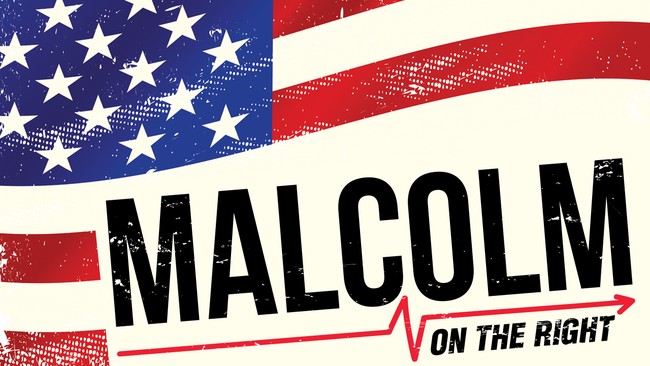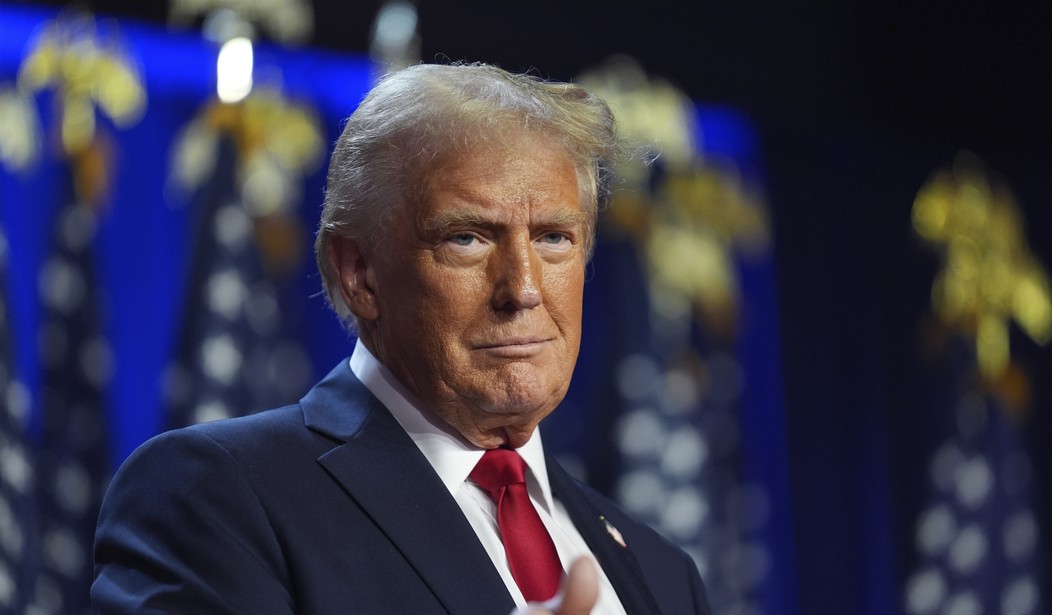President-elect Donald Trump has issued a flurry of major announcements in recent days of Cabinet secretaries and senior aides to staff his next administration beginning on Jan. 20.
On the surface, the procedure appears like the usual process for the transition of a new president-elect into the next White House reign of 1,462 days.
But it’s not.
The differences between building a team for his first term and today’s personnel assembly are both subtle and stark. They reveal how much the 78-year-old returning president has learned – and endured — in these past eight years. And what he intends to do for the next four.
For one thing, Trump, in many cases, is foregoing the usual FBI background checks of individuals traditionally used to uncover any personal, financial, or security risks that could emerge later and create serious political or security problems.
Instead, his team is hiring private security firms to do the same research, only quicker than the FBI bureaucracy does.
And let’s be candid here: How much would you trust the federal government’s once-vaunted law enforcement agency that:
- Bought so totally into the Russiagate hoax concocted by Hillary Clinton’s camp?
- Allowed Clinton to skip scot-free for hiding and destroying some 30,000 emails illegally used on private servers?
- Arranged to leak damaging information to media and were revealed later to have been plotting to undermine a Trump presidency as an “insurance policy”?
- And then took their sweet swamp time to clear that "scandal" from his name?
After defeating Hillary Clinton, Donald Trump entered town riding the win. This time, he’s driving it.

As a 2016 newbie in the Washington Swamp, he often relied on references for a president’s vast number of appointees. Many turned out to be more loyal to themselves and the establishments of both parties than to their boss, who had vowed to shake things up.
Later, these “aides” sold their “inside” stories to media eager for Trump trash.
Of course, there’s also the administrative Deep State that conspired to slow-walk Trump orders and use compliant media operatives to leak negative information on the president and his policies, some of which were true.
Remember the well-known government veterans who later vowed that all the incriminating data, videos, and photos on Hunter Biden’s abandoned laptop were Russian disinformation? And the liberal media alliance that ignored the evidence for two years?
In 2016, Trump got about three million fewer popular votes than his opponent.
But his votes came in just the right numbers in just the right places to capture 34 more electoral votes than needed for victory — and 77 more than the woman whose votes were concentrated in too few places. I’ve always suspected Trump himself was surprised privately.
This time, Trump outdid his Democrat opponent with 88 more electoral votes and 2.7 million more popular votes for his first majority.
And this time, voters gave the incoming chief executive a Congress controlled by his own Republican Party, which can be political trouble in government — except many new members now owe their own election to Trump support.
Most people not named Liz Cheney would call that a mandate. What matters most though, is Trump sees it that way.
In 2016, Trump was a refreshing novelty. By 2020, with Biden’s worsening infirmities masked by lies, Trump was rejected as a tumultuous known commodity.
This year, knowing all that, voters gave him this mandate. And despite all the professed media and establishment fretting and warning, he’s going to use it.
Why not? Trump need never run for anything again.
It might seem strange to some that it's a billionaire golfer who's determined to weaken or maybe cripple the D.C. establishment that’s grown too comfortable, too cocky, too arrogant for the country’s good. But, in reality, that’s Donald Trump’s populist strength.
Trump plans big changes. Actually, Big Changes.
Tax cuts. Putting Woke in terminal slumber. Trimming government. Reversing Biden’s electric-vehicle mandate. Jobs. Drill, baby, drill. America First. Southern border, among others.
And then, there's the new Department of Government Efficiency to be run by Elon Musk and Vivek Ramaswamy.
Trump, as we know, is a master of publicity. Sometimes, he steps on his own messaging. But not now. He’s immediately rolling out his team picks, one by one, to spread a sense of decisive action and momentum before the holiday slowdown.
And to give each nominee a moment in the spotlight because understandably from now on, folks, you-know-who wants the attention focused on you-know-who.
To drive his agenda, this time, this president has his own list of potential team members, and they're not coastal elites. They're drawn heavily from the Heartland and his home state of Florida. They can be filtered by one word: loyalty. Actually, Loyalty.
And if you don’t like some of them, another single word: Mandate.
The president-elect began almost immediately with Susie Wiles, a veteran Florida political operative credited with imposing order on Trump’s third campaign. She’ll be history’s first female White House Chief of Staff. It makes sense to have Pat Summerall’s daughter calling the plays.
As Secretary of State, Trump nominated Sen. Marco Rubio, at 53, a fellow Floridian who was a possible VP partner, primary rival eight years ago, and a China hawk with considerable foreign policy experience.
Florida’s Republican Gov. Ron DeSantis will pick Rubio’s Senate replacement, who would serve until a special election in 2026.
Oh, look! That’s the same year as DeSantis’ last term ends.
He could name an ally as placeholder for him to run then for the run-up to 2028, a presidential election year that coincides with the end of Rubio’s term. Or he could name, say, Lara Trump, wife of Eric Trump.
You may recall four years ago when the people telling Joe Biden what to do had him roll out his cabinet, and media coverage positively examined all their attributes and experience.
Now, however, it’s a Republican, so every conceivable negative will be reported. Then, watch. Soon after Inauguration Day, media will rediscover the nation’s terrible homeless epidemic that you haven’t heard much about for four years.
What’s especially agitating media and entrenched Washington is that some of Trump’s nominees are not the usual suspects.
For instance, Trump named the 43-year-old Tulsi Gabbard as Director of National Intelligence, pulling together reports of 18 intelligence agencies daily to brief the commander in chief.
Born in American Samoa, Gabbard voluntarily served in Iraq and Kuwait. Now a Lieutenant Colonel in the Army Reserve, Gabbard served three House terms from Hawaii as a Democrat and the first Hindu in Congress.
Two years ago, she left that party. This year, she formally joined the GOP and campaigned for Trump, which makes her a turncoat to Dems.

Trump’s most controversial nominee so far is Matt Gaetz, 42, to be Attorney General, the nation’s top law enforcement officer. He was just reelected with 66 percent of the vote as representative for Florida’s Panhandle.
Gaetz’s “downside” is he’s been accused of drug use and sex trafficking, which he denies. The Biden Justice Department declined to file charges.
An investigation by the House Ethics Committee was set to be released last week. But Gaetz resigned from the House just before, making the report moot and sealed for now.
Gaetz’s “upside” is that he’s been possibly Trump’s most ardent defender in recent years.
Capitol Hill reaction was strongly negative, even suggesting the nomination was already doomed in the Senate. Just like Trump’s political career back in 2015.
Trump has never been accused of dodging a fight. However, if he was Machiavelli, someone – not me, of course — might suggest as an initial move the incoming president picked Gaetz as a reward for loyalty.
If confirmed, Gaetz would join two of Trump’s personal attorneys atop Justice, earnestly (some might suggest ruthlessly) cleansing the chief agency that used lawfare against Trump.
If Gaetz is rejected or ultimately withdraws, well, hey, that happens. The potential embarrassment is out of the House, his district is safely GOP, and Trump did his best. Give him another job that needs no confirmation.
Another nomination fight looms over the selection of Robert F. Kennedy Jr. to run Health and Human Services. A vaccine skeptic and critic of the health industry, Kennedy has also talked of cleaning house, ominous words for comfortable career government employees.
His real crime is he’s another turncoat Democrat who campaigned for Trump. But voters gave the GOP Senate control, which could win the day for the son of the slain Robert Kennedy.
Trump’s Cabinet choices include several military veterans, including Pete Hegseth, 44, an Army Major who received two Bronze Stars during tours in Iraq and Afghanistan.
He’s been an ardent veterans advocate for years and, most recently, a FoxNews commentator and weekend host.
In his new book, “The War on Warriors,” Hegseth complains that Woke generals have undermined the nation’s military security by promoting diversity, equity, and inclusion over combat readiness, a theme of Trump’s campaign.
“The next commander in chief,” he wrote, “will need to clean house.”
As national security adviser, Trump named another veteran and House member, Mike Waltz, 50. The former Green Beret served multiple combat tours and holds the central Florida House seat vacated when Ron DeSantis left it to run for governor in 2018.
As “Border Czar,” Trump named Tom Homan, a former cop, border agent, and acting director of ICE under Trump in 2017. Trump said the blunt-spoken Homan would be “in charge of all deportation of illegal aliens back to their country of origin.”
Homan says deportation is merely enforcing the law enacted by Congress. He points out that under Barack Obama, he helped arrest and deport 409,000 illegal aliens, but adds the issue is now also about illegal drugs killing Americans.
“I’m not anti-immigrant,” he said, “even though a lot of people say I am. I’m anti-illegal immigration because of things I’ve seen in my 34 years.”
So, clearly, other than all that, we really have no idea what the 45th and 47th president intends to do with his historic mandate.













